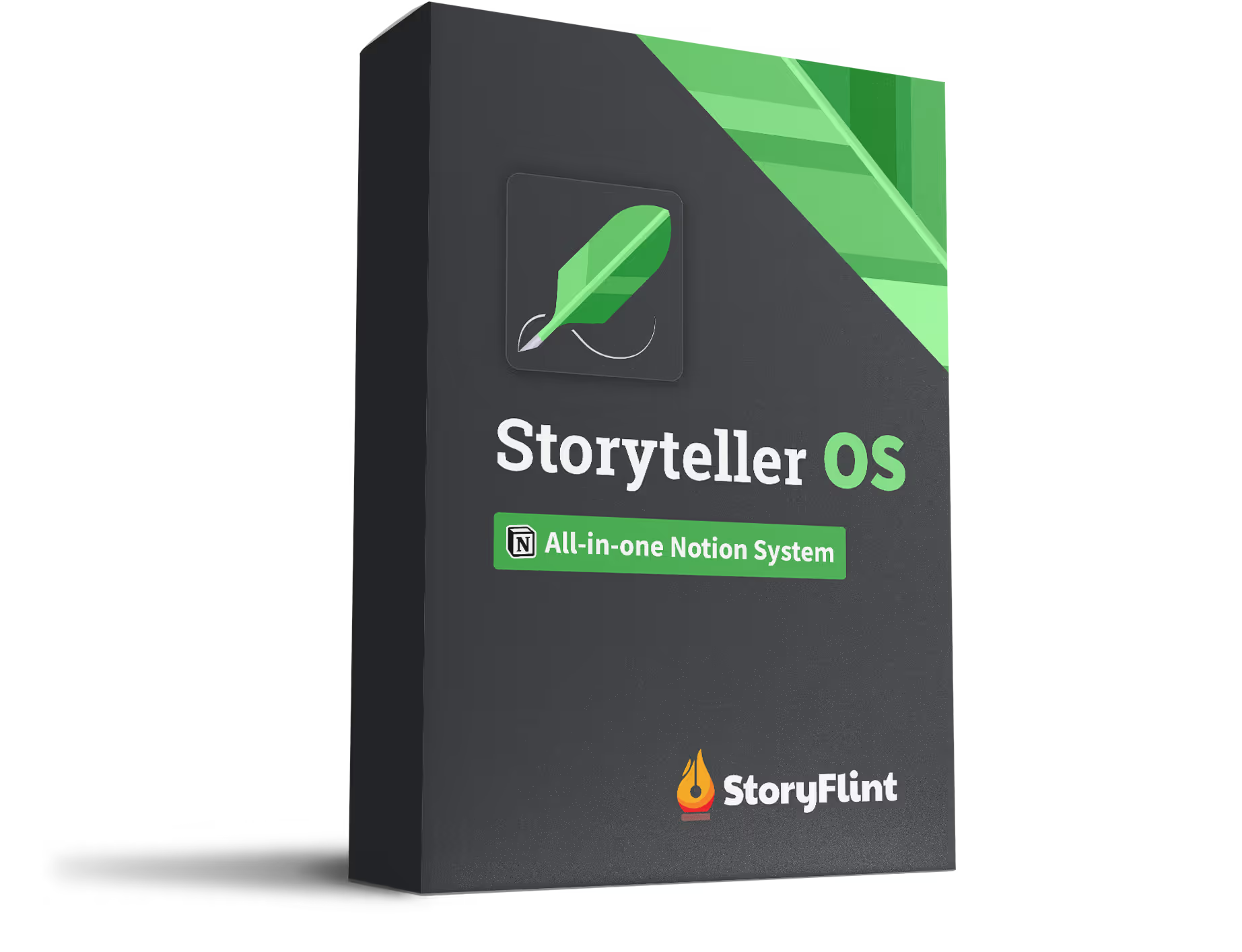Writing horror is not for the faint of heart. It takes a lot of creativity, determination, and bravery to write horror, but it pays off in spades when you are successful. You can make your way into horror writing with these eight frightening tips!
But first, what really is the horror genre?
Horror is a genre of storytelling that uses fear and anxiety as means of making an emotional connection with the audience. Horror stories are designed to frighten the audience, often uses suspense, fear, and shocks to keep people on the edge of their seats.
Some great horror stories are allegorical or symbolic, while others are more literal. But horror is not limited to a single type of story. It can be a ghost story, a slasher film, or psychological thriller.
No matter what form it takes, horror always aims to unsettle and disturb the audience.
1. Know your audience for your horror story
When writing horror, it is important to remember your audience. Who are you trying to scare? Horror stories can be tailored for different audiences, and knowing who your target market is will help you focus your story on what will frighten them the most.
If you are writing horror stories for adults, then you can use more graphic images and language. However, if you are writing for children or young adults, you will need to be careful with the level of violence and gore that you include in your story.
Remember that writing horror is all about scaring people, so make sure that whatever fears or anxieties you tap into are ones that will resonate with your target audience.
2. Horror, like all fiction, needs an emotional core
A good horror story need an emotional core to be successful. This is what will give your story weight and make it feel real to the audience.
Your emotional core can be based on any number of fears or anxieties, but it needs to be something that you are passionate about. If you don't care about your story's emotional core, then the audience won't either.
Finding your horror story's emotional core can be tricky, but it is essential to the success of your tale. What kind of message are you trying to convey to the audience and what emotional journey are you characters taking throughout the story?
3. Make the stakes obvious
When writing a horror story the audience needs to be aware of the risks the characters are taking. If the horror elements are not made clear, then the audience will lose interest fast.
Make sure that you are explicit about the danger your characters are in and what could happen to them if they don't succeed. A great horror story uses suspenseful techniques to keep the audience on their toes and make them fear for the safety of their characters.
As a horror writer, if you can get the audience invested in the characters, then you can scare them even more with what might happen to them.
"Horror movies often work better when we have a stake in the game. The more we care about the characters, the more human they are to us, the more appealing they are to us and the more effective the horror tends to be." - Stephen King
4. Don't forget the psychological aspect
Your horror story should be scary for more than one reason! Psychological thrillers are another common subgenre of horror writing which focuses on an ordinary character who undergoes a disturbing transformation into someone evil and deranged after facing stressors in their lives. The focus here isn’t necessarily on what's happening around them but how they react to what happens as well as coping with loss or guilt feelings.
Horror stories are often more than just entertainment – they can be a way for writers to explore the dark side of human nature.
So don't be afraid to delve into the psychology of your characters and make them as complex as possible. Good horror writers often focus on the psychological horror in their stories instead of just relying on graphic imagery and gore.
5. Write from your own fears, experiences and observations
Horror fiction doesn't have to rely on all fictional elements. Some great horror movies deal with experiences that the writer has dealt with in their own lives. You too can also write horror based on your own observations of the world around you.
Drawing on personal fears, experiences and observations will make your horror story feel more real to the audience. They will be able to relate to your characters and their situation more easily.
Make sure that you are honest with your writing and that it comes from a place of sincerity. If the audience can tell that you're phoning it in, then they will lose interest fast.
6. If you're using a trope, do something different with it
Horror refers to fearing the unknown and the prevailing tropes of horror represent the definition of knowing. A haunted house. Vampires and werewolves. Serial killers. You've seen them all and can guess what happens in each kind of story.
As the audience starts to understand these old tropes, they become more familiar and the tropes start to lose their effectiveness.
To combat this, pick new themes that offer distinct twists on the original designs. When using horror tropes in your writing, make sure you do something different with them so that they don't become stale and predictable.
Figure out the clichés of your particular horror subgenre and how to subvert them so that the audience is constantly kept guessing.
Incorporate new and unexpected elements into your horror story in order to keep the audience on their toes. This can be anything from a new setting to an unusual character twist.
Make sure that you are always surprising the reader with something new so that they never know what's going to happen next.
{{medium-article-callout="/construction/components"}}
7. Horror is internal rather than external
We all know that horror fiction is supposed to be scary. But what makes them truly horrifying is the fear of the unknown and the dark aspects of human nature which are often hidden from view.
This is why a lot of horror stories rely on suspenseful techniques in order to create an atmosphere of fear and dread. It's not what's happening on-screen but what might happen that causes us to scream in terror.
In order to make your horror story more effective, focus on developing internal fears within your characters rather than relying too much on external threats. This will make the horror feel more personal for the reader and increase the tension levels dramatically.
Good horror writers know how to keep the horror primarily internalized. When writing horror, make sure that your characters' fears and anxieties drive them rather than external threats like monsters or serial killers.
8. Don't forget the basics
Horror fiction is just as complex and nuanced as any other kind of fiction. Just because the horror genre is unique to all other genres doesn't meet it shouldn't follow the same story and plot rules as others. As a horror writer, make sure that you still adhere to the basics of storytelling such as having a strong plot, well-developed characters and an interesting setting.
Remember, horror isn't just about scares – it's also about telling a great story. Make sure that you focus on crafting a cohesive and satisfying narrative overall.
Conclusion
With these eight tips in mind, you should be well on your way to writing horror stories that will send shivers down your readers' spines whether you're writing a horror novel or screenplay. So get out there you aspiring horror writer and start tapping into those dark fears and hidden anxieties that make horror so spine chilling!





